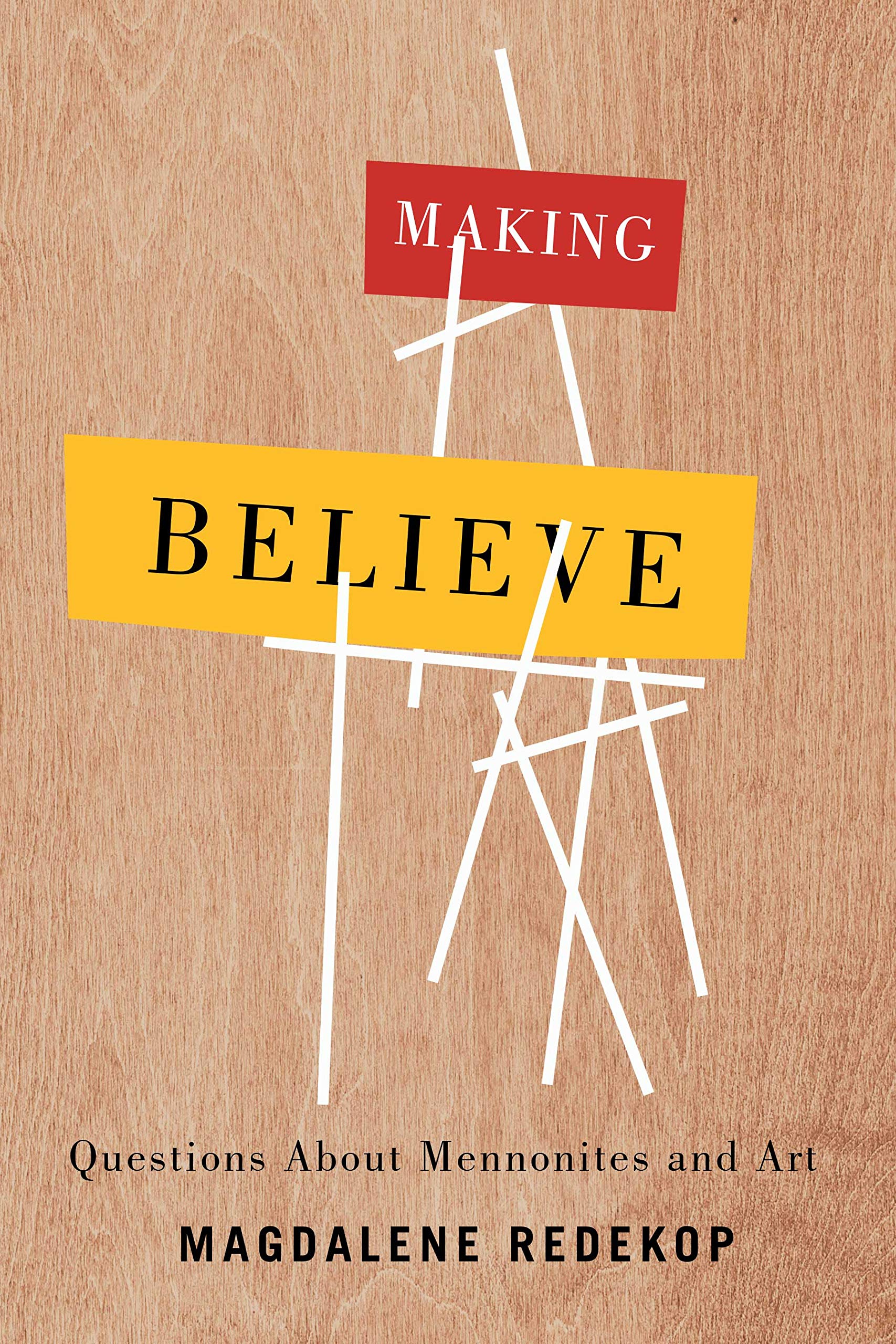Orality
Since oral literature was first rendered in writing, c. 800 B.C., the written text, read in silence, has dominated western thinking about literature. But texts rendered nowadays in radio, film and television-to name only a few "new" media-should remind us that the history of literature began in what some people call orature ; that the national literatures of many cultures of the world remain in orature; and that even the appeal of our written literature includes the implied sounds of the words, as in the fiction of Joyce, all dramatic texts and the assonance and consonance of all poetry.
In this issue:
-
1
read more

The Mother Tongue in Cyberspace
by Magdalene RedekopIn her essay, "The Mother Tongue in Cyberspace," Magdalene Redekop presents a wide-ranging discussion of orality, mother tongue and ethnicity, especially in relation to literary writings by Mennonites. Her mother tongue, of course, is one variant of the Plautdietsch dialect spoken by-or at least familiar to—many descendants of Russian Mennonite immigrants to Canada and the United States. Although some entire literary texts have been written in that dialect, notably the Koop enn Bua stories of Arnold Dyck, Plautdietsch more often appears as words, phrases or sayings in writings in English. The effect is almost always humorous. To her essay she adds a special treat: her own reading of a selection from the Koop enn Bua stories.
-
0
read more

Four Radio Poems
by Carl HaarerCarl Haarer, using the professional name of Carl Stevens, may be the best known poet in New England. As a reporter for radio station WBZ Boston, which has the widest range in the New England states, Carl from time to time reads on the air his poems based on current news. The selection below includes poems about the Obama inauguration; the disgraced governor of New York, Eliot Spitzer; the too-long primary election campaign of Hillary Clinton; and the baseball rivalry of the Boston Red Sox and the New York Yankees—all published in 2008 and 2009. Although Haarer's poems may be less "literary" than those read daily on the radio by Garrison Keillor, they are perfectly composed for his mass, news-informed audience. The poems may remind us of other currently popular poetic genres, such as rap and cowboy poetry.
-
5
read more
The East Window
by Bob JohnsonThe short story, "The East Window," by Bob Johnson depicts a dysfunctional Mennonite-Amish family and raises some intriguing theological possibilities. Is the story more "about" Rodney's experience in the barn? Or about his uncle who observes the disaster? Some of the cultural context is implied by the spellings of rural northern Indiana dialect speech, as recalled from his childhood. Does the use of dialect in otherwise mainstream literature imply condescension—either humor or class bias—by the narrator or author?